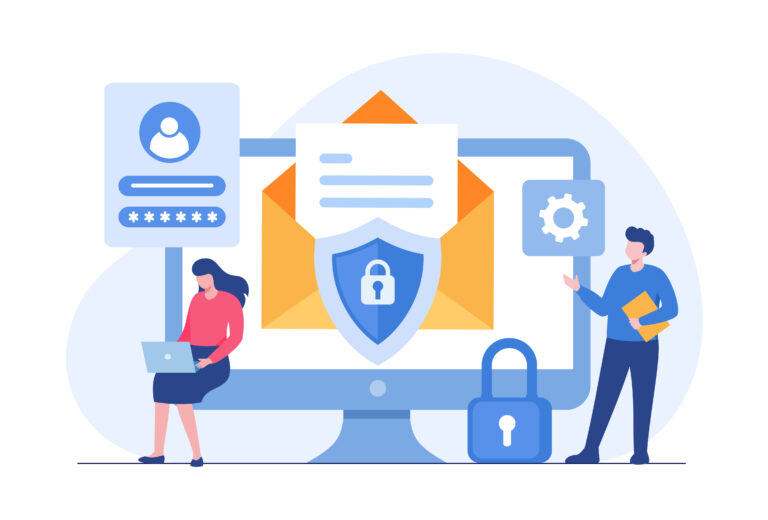A Technical Insight into Shopify’s Security Protocols for Brand Owners
Published: November 1, 2023 | Case Studies & Guides, E-Commerce Strategy

As e-commerce continues to grow, so do the threats to online businesses. Cybercriminals are always looking for ways to exploit vulnerabilities in online systems, and e-commerce platforms are no exception. Shopify, one of the most popular DTC e-commerce platforms, has implemented several security protocols to protect brand owners and their customers. In this article, we will explore Shopify’s security protocols and how they can help brand owners protect their businesses.
Shopify Data Protection
Shopify takes data protection seriously. They have implemented several measures to ensure that customer data is secure. One of the most important measures is the use of SSL (Secure Sockets Layer) certificates. SSL certificates encrypt data transmitted between a website and its users, making it difficult for hackers to intercept and read the data. Shopify also uses TSL (Transport Layer Security) to further protect store owners’ and shoppers’ information. The protocol is used to encrypt data sent between servers, making it difficult for hackers to intercept and read the data.
Shopify Fraud Protection
Shopify has implemented several measures to protect brand owners from fraudulent activities. One of the most important measures is the use of two-factor authentication. This makes sure that only admins with double passwords can make changes to the Shopify store or review financial information. Enabling two-step authentication can help prevent unauthorized access to your store. Shopify also offers fraud analysis tools that can help detect and prevent fraudulent activities. These tools analyze transactions and flag suspicious activities, allowing store owners to take action before any damage is done.
SSL for Shopify
As mentioned earlier, SSL certificates are an important part of Shopify’s security protocols. SSL certificates encrypt data transmitted between a website and its users, making it difficult for hackers to intercept and read the data. Shopify provides SSL certificates for all its stores, ensuring that customer data is always secure. Shopify also provides a free SSL certificate for custom domains, making it easy for store owners to secure their online stores.
E-commerce Security
E-commerce security is a critical aspect of online businesses. Shopify has implemented several measures to ensure that its platform is secure. One of the most important measures is PCI compliance. PCI compliance is a set of security standards that all online businesses must follow to protect customer data. Shopify is PCI compliant, ensuring that customer data is always secure. Shopify also provides several security features, such as password protocols, two-factor authentication (2FA), restricted sharing, and permission restrictions, to further enhance security.
Practical Tips and Implementation Strategies
To ensure that your Shopify store is secure, there are several practical tips and implementation strategies that you can follow. Some of these tips include:
- Use strong passwords and enable two-factor authentication.
- Keep your store updated with the latest security patches and updates.
- Use SSL certificates to encrypt data transmitted between your store and its users.
- Use fraud analysis tools to detect and prevent fraudulent activities.
- Regularly backup your store data to ensure that you can recover from any data loss.
In conclusion, Shopify’s security protocols are designed to protect brand owners and their customers. From SSL certificates to fraud analysis tools, Shopify has implemented several measures to ensure that its platform is secure. By following practical tips and implementation strategies, brand owners can further enhance the security of their Shopify stores. If you’re looking for a secure and reliable e-commerce platform, Shopify is definitely worth considering.
If you’re interested in learning more about Shopify’s security protocols or need help securing your Shopify store, reach out to geekspeak Commerce. Our team of experts can help you implement the best security practices for your business.







